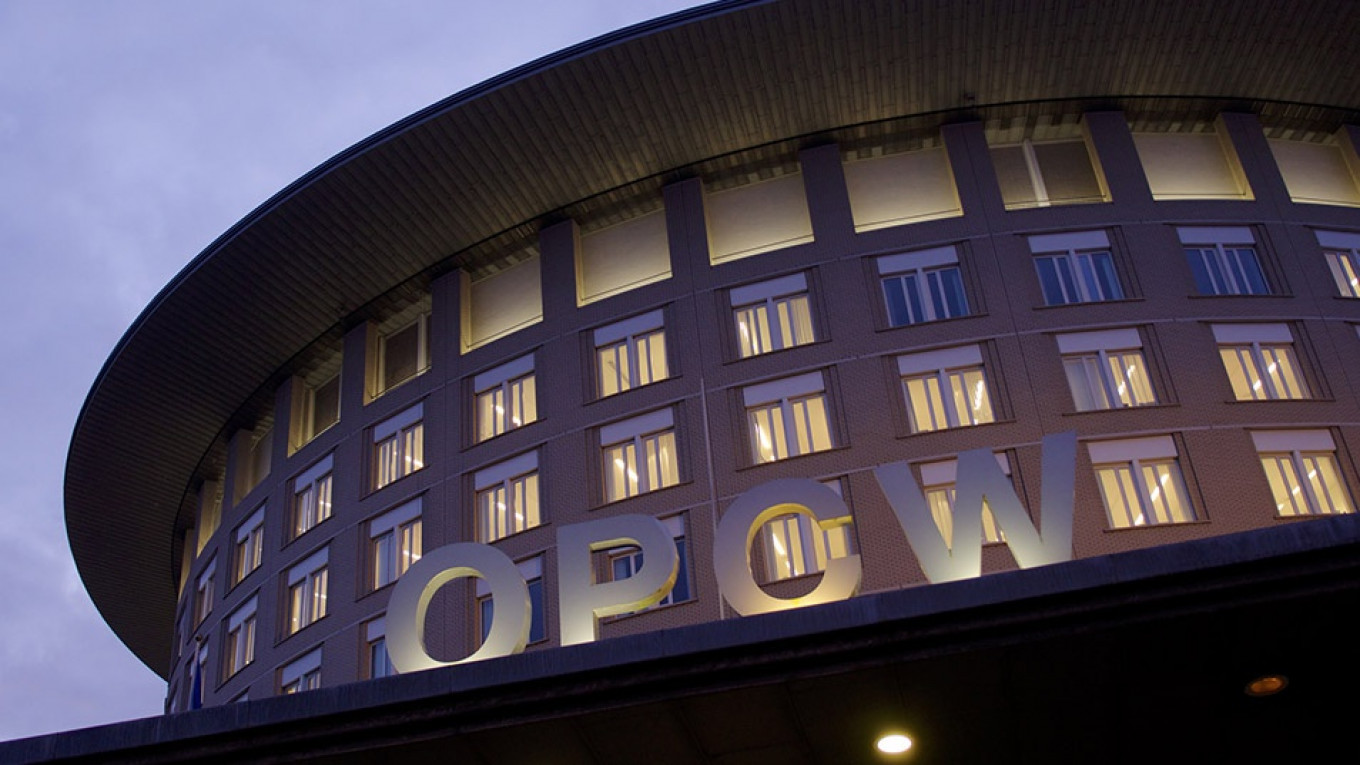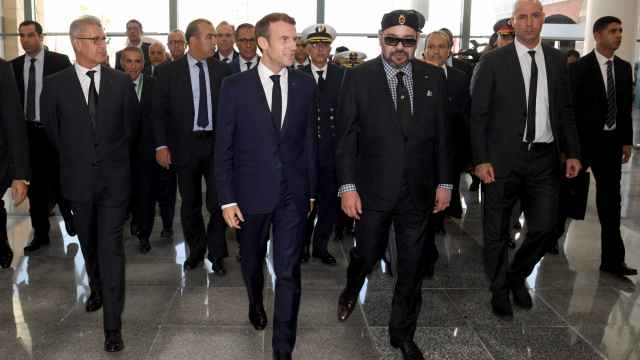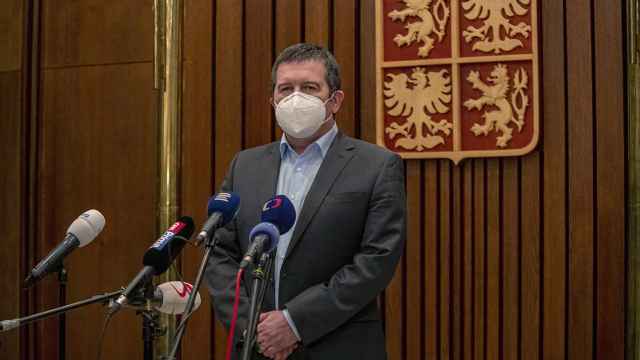The OPCW global chemical weapons watchdog will add Novichok, the Soviet-era nerve agent used in an attack last year in Salisbury, England, to its list of banned toxins after its members adopted a proposal on Monday.
The 41 members of the decision-making body within the Organization for the Prohibition of Chemical Weapons (OPCW) adopted a joint proposal by the United States, the Netherlands and Canada, member states said.
They agreed "to add two families of highly toxic chemicals (incl. the agent used in Salisbury)," Canada's ambassador to the agency, Sabine Nolke, said on Twitter.
"Russia dissociated itself from consensus but did not break," she wrote.
Western allies ordered the biggest expulsion of Russian diplomats since the height of the Cold War in response to the attack on former Russian secret service agent Sergei Skripal and his daughter Yulia in Salisbury in March.
Britain says Russian GRU military intelligence agents poisoned the Skripals with Novichok. Moscow denies involvement.
Monday's OPCW decision was confidential and no other details were released.
It was the first such change to the organization's so-called scheduled chemicals list, which includes deadly toxins VX, sarin and mustard gas, since it was established under the 1997 Chemical Weapons Convention.
The OPCW's 193 member countries have 90 days to lodge any objections to Monday's decision.
The OPCW, once a technical organisation operating by consensus, broke along political lines over the use of chemical weapons in Syria, which Russia supports militarily.
A Message from The Moscow Times:
Dear readers,
We are facing unprecedented challenges. Russia's Prosecutor General's Office has designated The Moscow Times as an "undesirable" organization, criminalizing our work and putting our staff at risk of prosecution. This follows our earlier unjust labeling as a "foreign agent."
These actions are direct attempts to silence independent journalism in Russia. The authorities claim our work "discredits the decisions of the Russian leadership." We see things differently: we strive to provide accurate, unbiased reporting on Russia.
We, the journalists of The Moscow Times, refuse to be silenced. But to continue our work, we need your help.
Your support, no matter how small, makes a world of difference. If you can, please support us monthly starting from just $2. It's quick to set up, and every contribution makes a significant impact.
By supporting The Moscow Times, you're defending open, independent journalism in the face of repression. Thank you for standing with us.
Remind me later.







